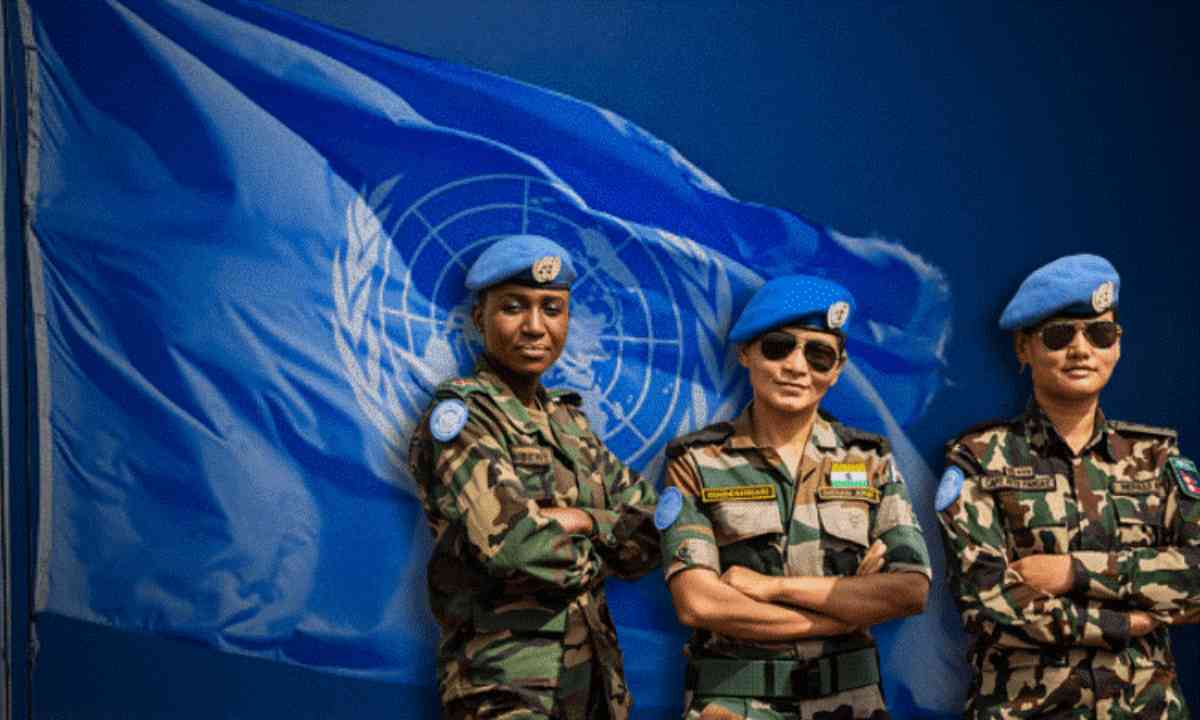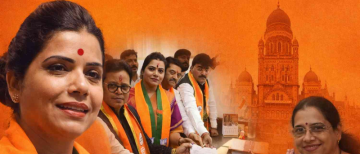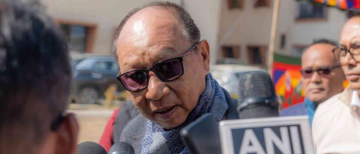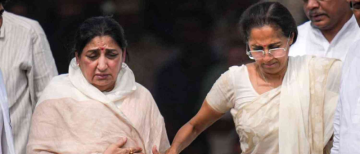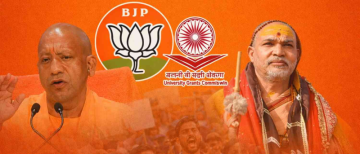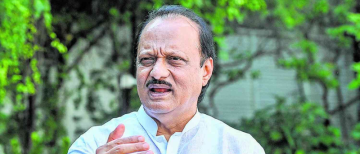On Friday, January 6, India sent a platoon of women peacekeepers to the Abyei region of Sudan. After India's first-ever all-women Peacekeeper contingent in Liberia in 2007, this will be India's largest single unit in a UN Mission.
The Indian Permanent Mission stated in the press release that the deployment is a component of the Indian Battalion in the United Nations Interim Security Force (UNISFA). The Liberian Women's Police Unit supported the development of the Liberian police force and provided nighttime and 24-hour guard duty in Monrovia, the capital. Two officers and 25 Other Ranks will make up the Indian women's platoon, which will be a part of an Engagement platoon and focus on community outreach in Sudan. The major duty will comprise extensive security-related tasks.
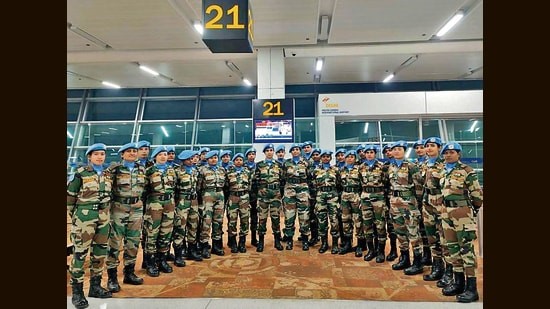
Sudan is a country located in North Africa, bordered by Egypt to the north, the Red Sea to the northeast, Eritrea and Ethiopia to the east, South Sudan to the south, the Central African Republic to the southwest, Chad to the west, and Libya to the northwest. Sudan has a population of over 41 million people and is the third-largest country in Africa.
Sudan gained independence from Britain in 1956 and has experienced periods of both civilian and military rule. Sudan has a predominantly Muslim population, and Islam is the dominant religion. However, there is also a significant Christian minority. Sudan is rich in natural resources, including oil, gold, and agricultural products such as wheat, sorghum, and cotton.
Sudan has been plagued by civil wars and conflict for much of its modern history. The most recent conflict, the Sudanese Civil War, ended in 2005 with a peace agreement that led to the creation of South Sudan as an independent state. Sudan is currently undergoing a process of political reform and transition following the ousting of former President Omar al-Bashir in 2019.
© Vygr Media Private Limited 2022. All Rights Reserve

